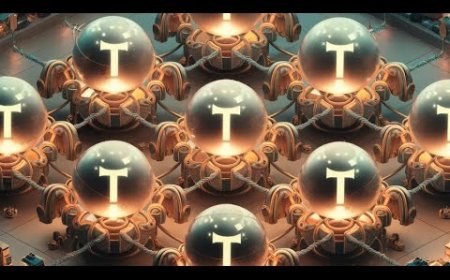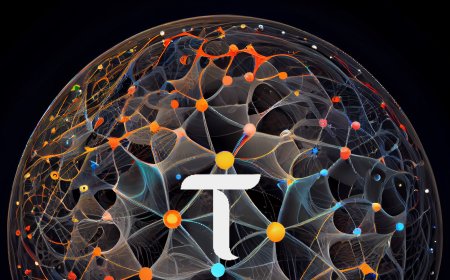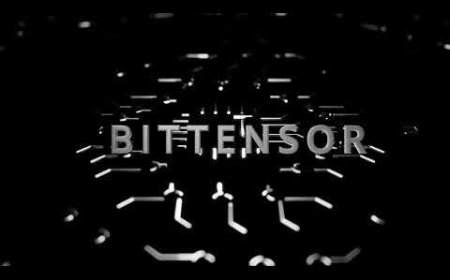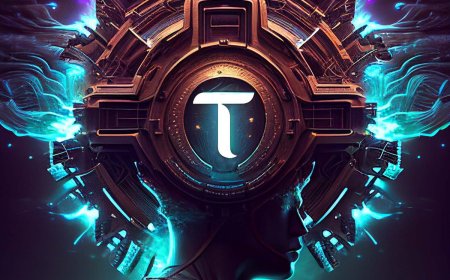Exploring BitTensor: Decentralized AI and the Future of Web3 Technologies
Welcome to episode two of our podcast! Today, we have an engaging conversation with Jacob Steves and Alice Shabana from BitTensor, a groundbreaking project that's shaping the future of AI development through a decentralized, peer-to-peer network. BitTensor is more than just a technology
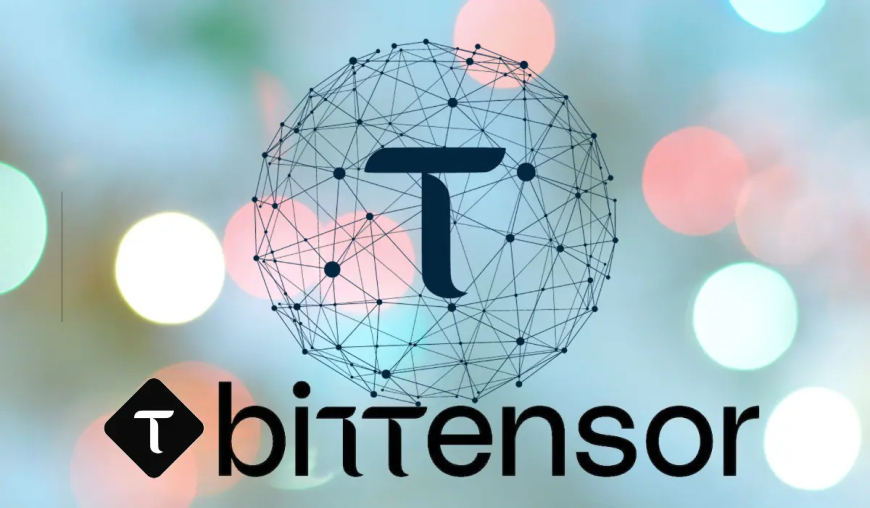
Introduction
Welcome to episode two of our podcast! Today, we have an engaging conversation with Jacob Steves and Alice Shabana from BitTensor, a groundbreaking project that's shaping the future of AI development through a decentralized, peer-to-peer network. BitTensor is more than just a technology; it's a vision of a community-driven, democratized marketplace for AI, challenging traditional approaches and opening up new opportunities for developers around the globe. In this article, we’ll dive into what BitTensor is, how it works, and why it could be the key to the future of AI.
What Is BitTensor?
BitTensor is an open-source, decentralized network designed to create a marketplace for artificial intelligence. Developed under the umbrella of the OpenTensor Foundation, it allows engineers, developers, and AI enthusiasts to contribute to and build neural networks. The platform is structured as a peer-to-peer network where computers validate the information produced by others, creating a competitive and collaborative ecosystem. This process uses a unit of data called a “tensor,” familiar to those who have worked with tools like TensorFlow.
The idea behind BitTensor is to scale AI development by utilizing the combined computational power of a global community, making it accessible to developers who may not have the resources to work at tech giants like Google. The network incentivizes participants by rewarding valuable contributions with tokens called TAO, representing a utility and access currency within the platform.
Decentralization and DAOs: A Core Concept
A significant element of BitTensor’s vision is decentralization, a concept that extends beyond AI and into the broader realm of Web3 technologies. Jacob and Alice emphasize that their approach is about creating a decentralized autonomous organization (DAO), which serves as the governing structure for the network. DAOs allow for community ownership and decision-making, which contrasts with traditional, centralized models where a few entities control the direction and access of technology.
DAOs are not exclusive to BitTensor; they represent a growing trend in the tech world, especially within blockchain and cryptocurrency spaces. They offer a framework for building online communities where participants have a say in governance and ownership, making the concept adaptable to various applications, from social clubs to full-scale organizations.
The decentralized nature of BitTensor aligns with the excitement around Web3 technologies, which aim to shift control from large corporations to a more democratic, user-controlled internet. Whether you’re an AI enthusiast or someone curious about blockchain, understanding how DAOs function is essential for grasping the implications of these innovations.
Addressing Inefficiencies in AI Development
AI development today is often hindered by inefficiencies, including centralized control, high barriers to entry, and the repetitive nature of training new models. Jacob and Alice explain that BitTensor’s decentralized approach aims to solve these issues by offering an open marketplace where developers can share and build upon each other's work efficiently. Instead of each new AI model starting from scratch, BitTensor allows for knowledge transfer, similar to how humans build upon collective knowledge.
Moreover, the system promotes fairness and meritocracy, eliminating the biases commonly associated with centralized research and development. While some initial biases may exist, the platform is structured to reduce them over time, creating a more balanced and scalable AI development ecosystem.
The potential for BitTensor’s marketplace extends to global engineers, offering opportunities for developers in underrepresented regions. For instance, an engineer in India who may not have access to resources or opportunities at a company like Google can now participate and contribute to a global AI network, gaining recognition and rewards.
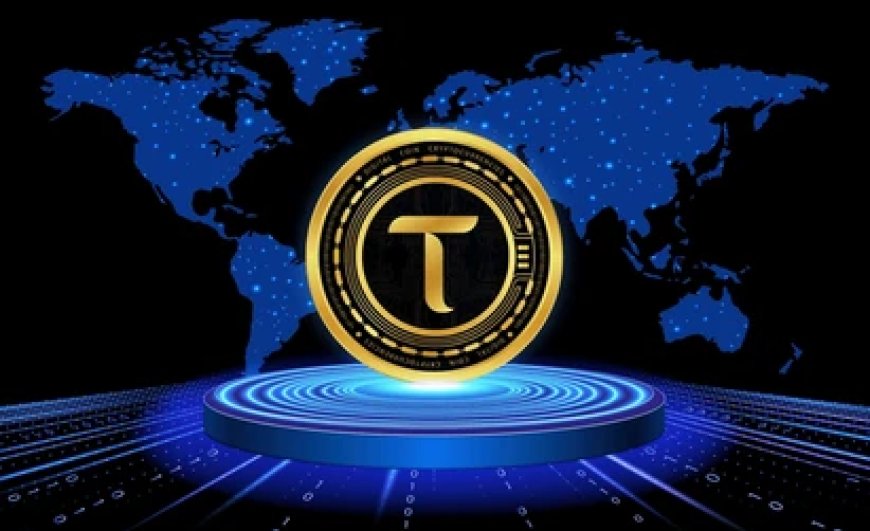
The TAO Token: A New Incentive Model
BitTensor’s economy is based on a proof-of-stake consensus model, where validators assess the value of contributions and reward participants with TAO tokens. TAO is not just a currency; it provides utility within the BitTensor network, granting access to resources and opportunities for further development. Unlike many tokens in the blockchain world, TAO isn’t currently available on exchanges. Instead, it’s mined fairly and tied to the growth and knowledge production of the network.
As the platform grows, TAO’s value is expected to increase, making it a potentially valuable asset for contributors. The vision is to create a decentralized, merit-based ecosystem where engineers who add value are rewarded with ownership and access, not just temporary benefits. This model aligns with BitTensor’s mission to democratize AI development, ensuring that contributors have a stake in the platform's future.
BitTensor's Origins and Vision
The founders of BitTensor, veterans from Silicon Valley companies like VMware and Google, developed the platform based on their shared vision for a decentralized AI network. They met through an online research collaboration and combined their expertise to address the inefficiencies they observed in AI development and centralized ownership.
Their goal is to build a general intelligence network that evolves through collective input and competition rather than being controlled by a single entity. This vision is reminiscent of the collaborative efforts that led to some of humanity’s greatest achievements, such as the moon landing. By leveraging the power of a global community, BitTensor aims to create a scalable AI network that can continuously improve and expand.
Neuromorphic Chips and the Future of AI
The BitTensor team is also exploring cutting-edge technology, such as neuromorphic chips. Neuromorphic chips mimic the structure and function of the human brain, using synapses built from memristors. These chips promise incredible advancements, potentially training AI models much faster than current technologies like NVIDIA’s chips. However, the challenge lies in creating a market that incentivizes the production and use of such advanced technology.
BitTensor provides a platform where innovations like neuromorphic chips can thrive. Developers can integrate their technologies into the network, find applications for them, and be rewarded for their contributions. This system opens up new possibilities for AI development, pushing the boundaries of what’s possible.
Proof of Work vs. Proof of Stake
One debate within blockchain technology is the use of proof-of-work versus proof-of-stake systems. Proof-of-work involves computational power, often criticized for its environmental impact, while proof-of-stake relies on token ownership and is considered more efficient. BitTensor uses a hybrid approach, focusing on creating value rather than consuming unnecessary resources.
By ensuring that each computational cycle produces valuable AI outputs, BitTensor justifies its use of resources and promotes efficiency in AI development. The platform's goal is to surpass current AI benchmarks, such as GPT-3, and continue expanding the capabilities of its neural networks.
Expanding the BitTensor Team and Network
Since launching its network, BitTensor has grown rapidly, with over 1,600 active participants. The team aims to expand to around 30 developers by the end of the year, reflecting the growing interest in the project and its potential. The network's current capacity is approaching that of GPT-3, with the team focusing on surpassing this milestone and pushing the limits of AI scalability.
The founders believe that the future of AI and blockchain lies in collaboration and community-driven development. They invite developers and engineers from around the world to join their efforts, build the future of decentralized AI, and ensure that technological advancements align with human values.
Conclusion
BitTensor represents an exciting frontier in AI development, offering a decentralized, community-driven platform that challenges traditional models. By incentivizing global contributions and promoting meritocracy, BitTensor aims to democratize AI and build a scalable, collaborative network. Whether you're an AI developer or simply interested in the evolution of Web3 technologies, BitTensor offers insights into the future of artificial intelligence and blockchain.
To learn more about BitTensor, visit their website at bittensor.com. You can also join their active community on Discord or explore their resources, including blogs and job listings. Together, the BitTensor team is building a decentralized, intelligent future—one contribution at a time.
Source : @The Bittensor Hub.
